Around The Plex, 4/20 (2022)
News and views around the Plex, 20 April 2022
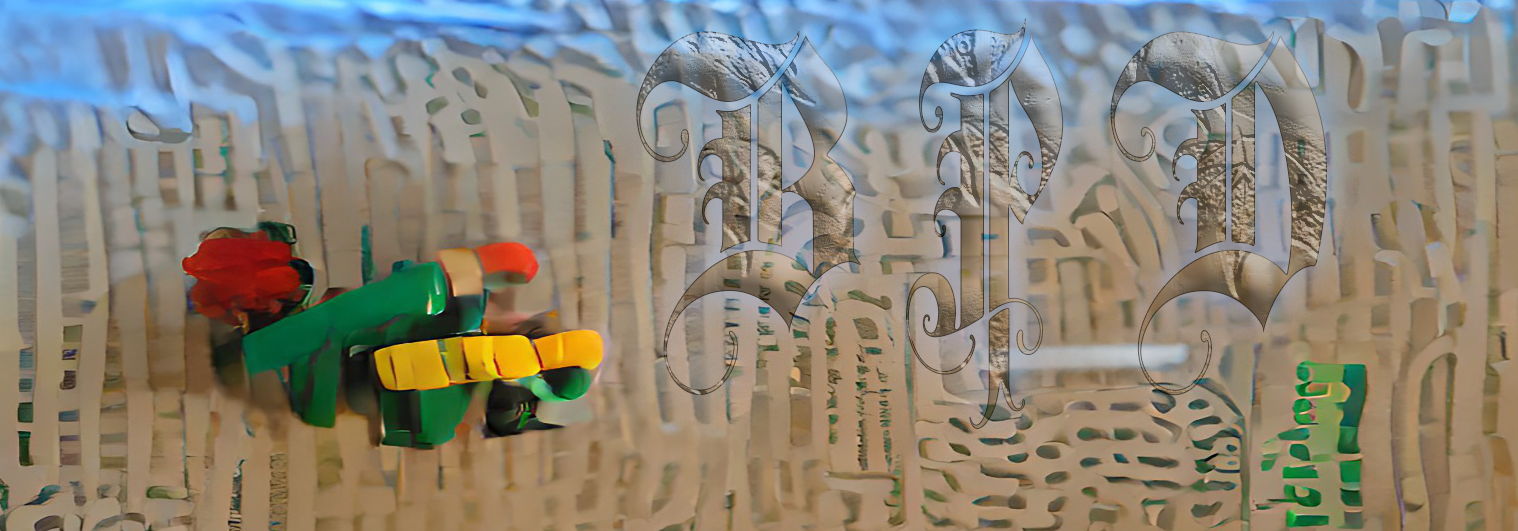
The Biweekly Plex Dispatch is an inter-community newspaper published by Collective Sense Commons on first and third Wednesdays of each month. Price per issue: 1 USD, or your choice of amount (even zero).
In This Issue
- Events of Interest
- The Swannanoa Watershed Questions
- Learning With Digital LEGO
- Gardenworld Politics
- Systemic Creativity
- Working with Three: Gesture, Speech, and Symbol
- Simulation Game of the Reputation Economy
- Meta Project Continues to Unfold
- Book Circle, or Book Circles?
Events of Interest
Buddhism and Ecology Summit, 18-22 April 2022
via Gil Friend
https://tricycle.org/buddhism-and-ecology-summit/
Donation-based, suggested donation is US $30.
[Ed. note: This event is taking place this week, and due to timing, much of the live event will have passed by the time you read this. Note that event replays will be made available to all registrants after the end of the summit, so you may still find it valuable to register.]
In honor of Earth Day 2022, Tricycle is bringing together leading Buddhist teachers, writers, and environmentalists for a donation-based weeklong virtual event series exploring what the dharma has to offer in a time of environmental crisis. This week’s events will explore three dimensions of the ecological crisis: the spiritual and psychological roots of the crisis, dealing with the difficult emotions that arise, and taking meaningful action.
Going Beyond the Clichés: How Could Indigenous Knowledge Really Help Transform the World? – Jeremy Lent in a Yarning with Tyson Yunkaporta, 28 April 2022
via Stacey Druss
https://deeptransformation.network/posts/22367821
Free and open to all.
In this interactive yarning, Tyson and Jeremy will share their thoughts about the current state of our world, and dig deeper into the question of how Indigenous knowledge might really help inform the Deep Transformation we need.
The Swannanoa Watershed Questions
via Kevin Jones
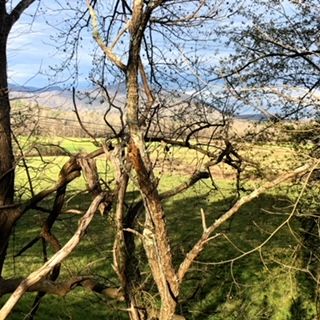
Questions we are asking in our watershed. (I did not write them.)
We are just a group of people who care about this place, not institutions or organizations, though some of us come from them or lead them.
Dear colleagues,
We began our conversation on the Swannanoa Watershed in relation to Kate Raworth's doughnut model of regenerative development. The following are questions related to each of the doughnut categories for overshooting the ecological ceiling and the shortfalls related to the social foundations.
Ecological Ceiling Overshoots
How are human activities in the Swannanoa Watershed contributing to the overshoot of the ecological ceiling contributing to climate change, ozone layer depletion, air pollution, biodiversity loss, land conversion, freshwater withdrawals, nitrogen and phosphorous loading, chemical pollution and ocean acidification? What actions can we take to help reduce these overshoots?
Social Foundation Shortfalls
How are human activities in the Swannanoa Watershed contributing to the shortfall of the social foundations of education, income and work, peace and justice, political voice, social equity, gender equality, housing networks, energy, water, food, and health? What actions can we take to help reduce these shortfalls?
Let's think about how we can address these questions.
Learning With Digital LEGO
Julian Gómez was interviewed last month by the podcast LinkedUp: Breaking Boundaries in Education, for their episode Learning With Digital LEGO (although it’s actually a lot more expansive than just that).
Julian Gómez has been one of the lead creators of Digital LEGO. In this podcast episode he discussed the learning science behind LEGO and the details that went into creating the digital version of the classic brick LEGO product.
Gardenworld Politics
by Douglass Carmichael
Climate, covid, economy, food crisis, oceans, soil, weakness of governance - forces seem to be closing in. We need plausible paths forward that could work... but it is a trap to take on a path that, on further reflection, is likely to fail. Take “electrify everything” as a path. It immediately raises questions which are all too often immediately avoided: How is the electricity generated? “Clean” fuel, which means burning trees.
End point costs. Currently converting a gas-heated house to an electrically heated house is about $10k. Moreover, delays are emerging on deliverability of heat pumps.
And who manufactures these at scale, and where do the raw materials come from? Mining, trucking - these are just a few of the unexamined side effects or issues.
A core issue, also ignored, is the deeper issue of growth. Growth is needed to pay interest and to increase equity - but growth uses more energy which contributes to CO2, which contributes to climate heating and turbulence.
I work with a group of economists, and after a long struggle they are willing to take on the issue of growth, which is hard for them because growth is considered the core driver of an economy.
When asked why growth is necessary, the first run of answers is “It just is”. But why? To create jobs, and when pushed further, to pay the interest on the debt. If you borrow a thousand to help your business you have to pay back the thousand plus some interest. Interest requires growth.
Aristotle wrote “You can have growth without development, and development without growth.” An interesting opening.
We are now having our first major conversations with a focus on growth. Suggestions please. It is really difficult.
Growth hurts the environment. All jobs use energy.
My own attempt to sort through these issues is based on the idea that the two major needs will be food and shelter. Putting these together, we could get Gardenworld.
And this leads me to the conclusion that the major resistance to needed changes comes from land ownership. We will need to repurpose land and buildings. How to do it?
I have a draft of a book, Gardenworld Politics, and a blog, at https://douglasscarmichael.substack.com/, where I keep working the issue. Part of my current thinking is that the effort to get from where we are to a better place won't work.
Things need to fall apart some before we can put them together better. But it helps to have a vision of what that “better” could be, so we can understand that bad news is part of good news.
Systemic Creativity
by Klaus Mager
We did discuss some time ago what it means to be creative, and I explained the Imagineering perspective. There is a desired outcome, a picture what the result should look like. Then it is all about digging into the details, the connections, the inferences, letting the system see itself, emergence. Once it is transparent, all sorts of things come to light, effortlessly.
We are operating an industrial age economy side by side with a space age toolbox. The sheer scale of humanity's impact on the planetary systems has changed the ground rules, the reality we live in. On the one side is the inertia of status quo that hinders any and all disruptions to prevailing power structures, on the other side is an increasingly dangerous unfolding of changes in the ecosphere caused by the way we interact with her.
At this point still the design imperative is dictated by status quo, when it has to be the ecosphere. Still trying to force reality to meet visions that under the best of circumstances are unable to materialize in time to make the necessary difference.
There are pent-up innovations ready to scale, the system is in desperate need of regenerative change, and change has to start at the systems level, high up in the chain. The only apparent role that government can play is to be the referee, fair play in the markets, insisting on science and evidence based assumptions driving the economy.
What we learned in this discussion today is the need to engage an informed public, when we are living in a media world that by design causes confusion and distraction. The challenge speaking in Spiral Dynamics language is to engage the spiral at every stage, with context specific messaging. That is a very practical thing to do, connecting the rainbow. It requires skills, intention, application. All of it is based on trust, working with like minded groups and individuals towards shared intentions.
How to cut through the clutter and the noise? I submit our very lives depend on it.
Working with Three: Gesture, Speech, and Symbol
by Ken Homer. Second in an ongoing series about the Power of Three.
What is language?
For many people, the answer to that question lies in the spoken dimension: Spanish, French, Arabic, English, etc. Speech is indeed a part of language but strictly speaking 😉 it’s only one aspect of it. Gesture and symbol are as integral to language as what comes out of our mouths. Gesture is the oldest form of speech and dates from the time of our earliest ancestors. Gesture also amplifies spoken language, helping the speaker to be understood and remembered. Symbols are abstract and laden with meaning that gets unpacked via narrative, dialogue and relationships. Martin Heidegger refers to language as “the house of being.” We live in language the way fish live in water, it’s so transparent to us that we rarely give it a second thought.
Let’s give it a second thought, even a third one. Recall from the last post that we have three specialized and interoperating brains. Now, consider that we have three intertwined and interoperating dimensions of language. Hmmm… Could there be a connection?
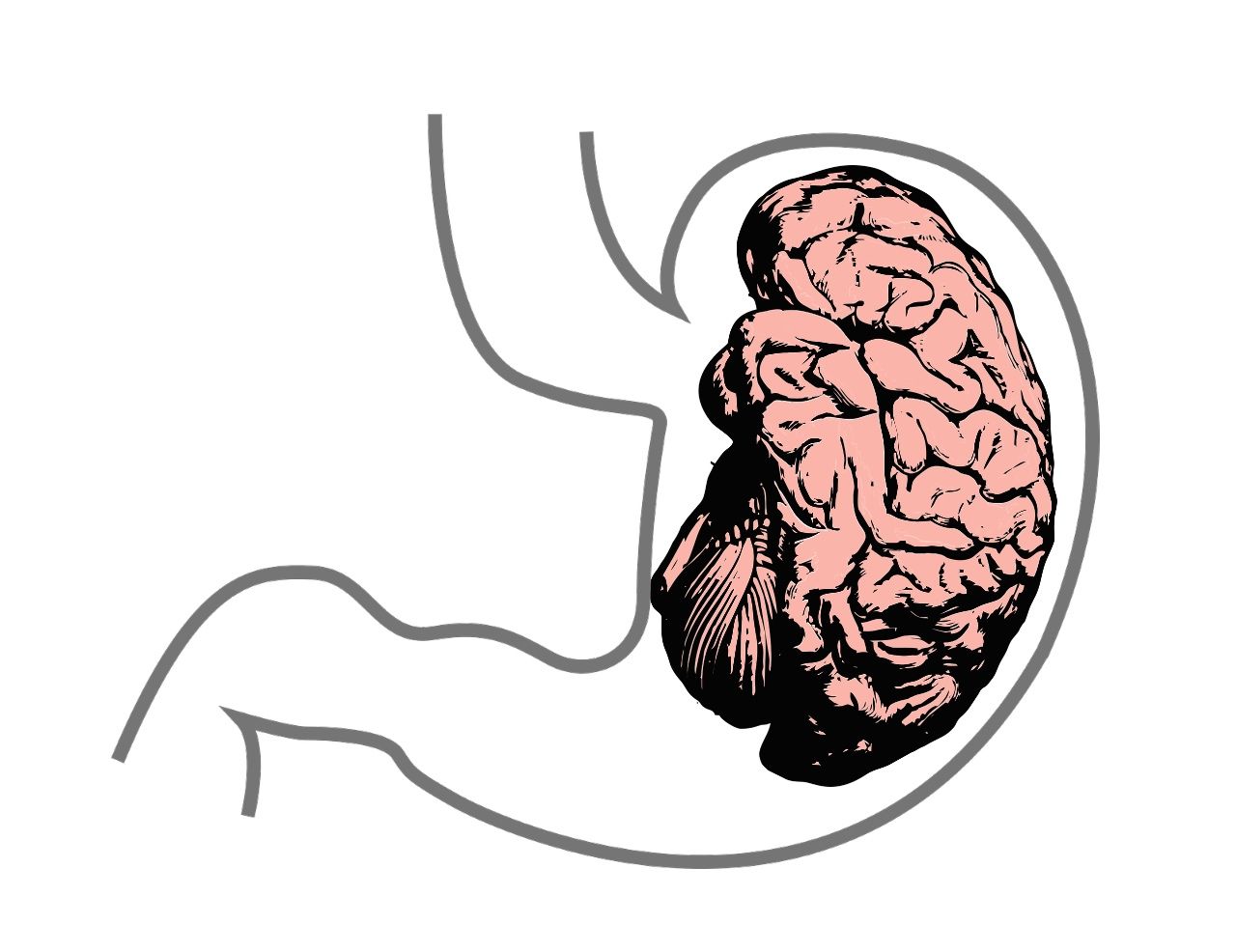
What if the gut brain (instinctual intelligence) is the brain that senses into and makes coherent the intelligences available to us via gestural, nonverbal, sub- and unconscious channels? Even more provocative, what if the gut brain connects us to and interprets the more than human world? Ancient Indigenous teachings that the whole world is alive, i.e., a field of networked intelligences, are now being proven by modern science. More attention to the realm of our instincts and microbiomes may well be critical to healing ourselves, our communities, and our world.
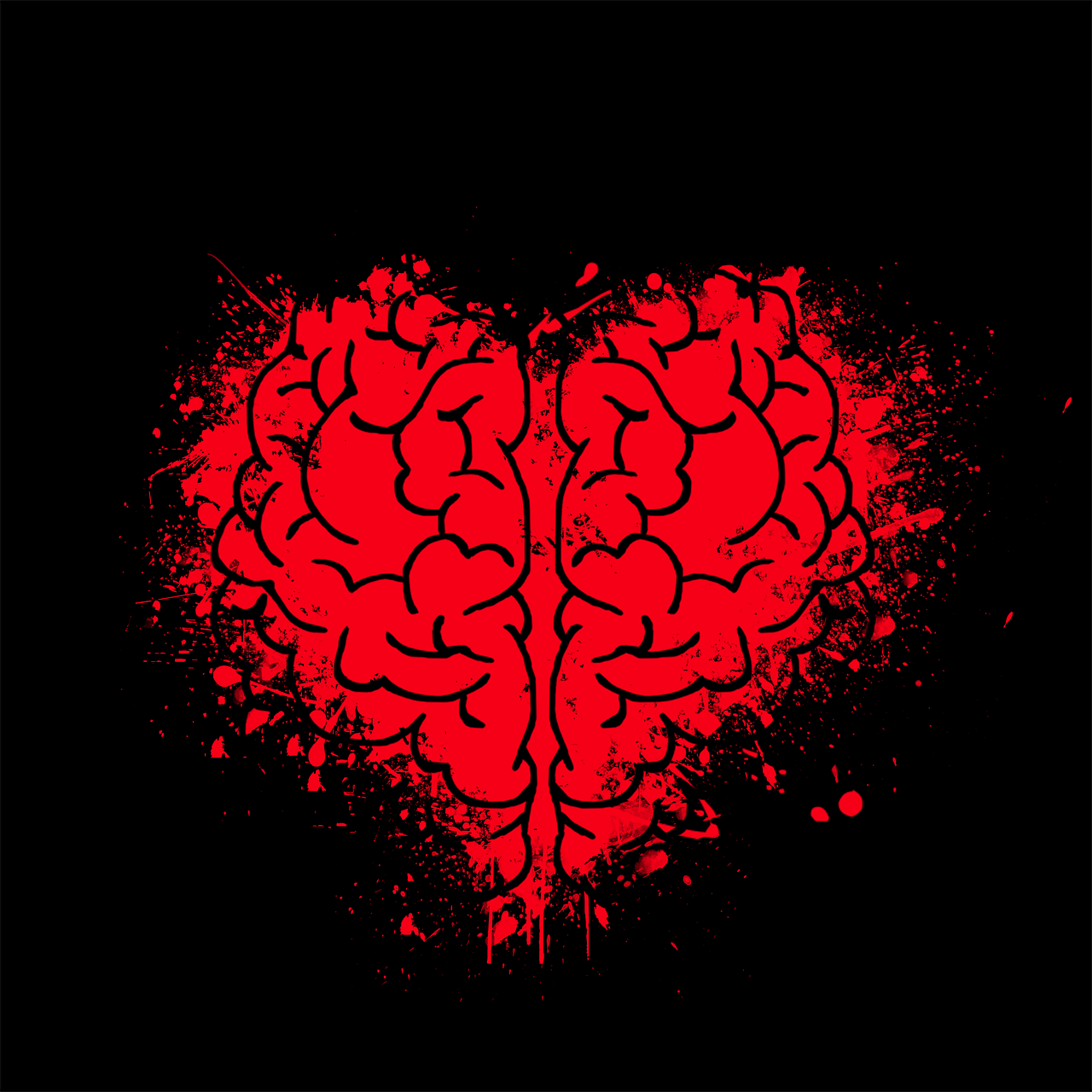
What if the heart brain (emotional intelligence) is the brain that senses, synthesizes and responds to the emotions present in our relationships? What if it maps to a coordinate system of social and relational navigation cues and pathways that determine our ability to live amicably with others?
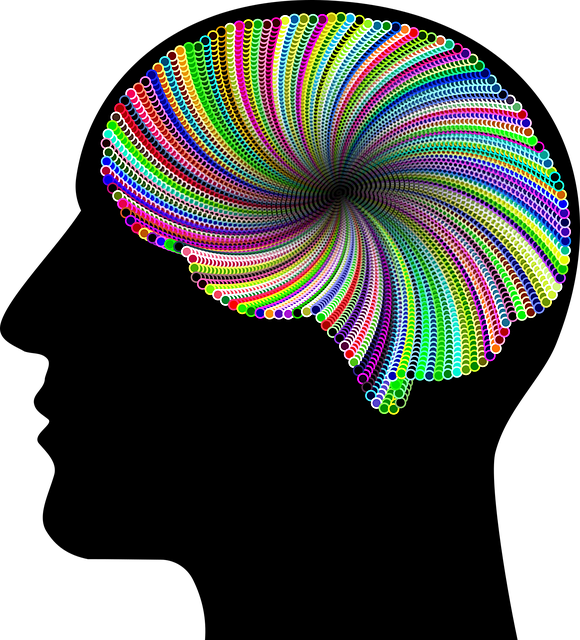
What if the head brain (executive intelligence) has become specialized over our evolutionary history to deal with the symbolic coordinate systems of language? For example, making sense out of the glyphs on a page that might be written in French, Arabic, Spanish, English, Hindi, Cantonese, math, music, C++ or any language that uses symbolic representations.
Working with all three brains is required if we want to be smarter as individuals and groups. Vocabulary is a good starting place. Each brain has a specialized vocabulary that belies its presence in conversation. The words we utter give us clues as to which kind of intelligence is being languaged in any given situation – remember, all three are always operating. As you read over the list of phrases below see if you can match the phrase to its brain:
I see what you did there. • Let’s make sure we’re all on the same page. • Feel me on this?
What I hear you saying is… • What’s the logic here? • That was really ballsy! • I’m fed up!
I feel so badly for her. • I’m under so much pressure. • That resonates with me • I love our team spirit! • I swallowed my pride and talked to him. • I’m so grateful for your help. • We need to think this through carefully. • We’ll be the envy of the whole company. • How does that land with you? • We all need forgiveness now and then. • Can you sense into what’s happening here?
Exercise: For the next two weeks, work on using vocabulary words from all three brains when describing situations and events in your life. What do you notice when you do this?
Simulation Game of the Reputation Economy
by Grace Rachmany
Voice of Humanity progresses! The simulation game of the Reputation Economy is fast approaching! We will be doing a simulation in Spain (Navarra region) in mid-May. We are looking for participants who are involved in social enterprises, cooperatives, co-living and intentional communities. All the deets and (sign-up) sheets are here: https://www.voiceofhumanity.one/reputation-economy-simulation. I (Grace) will be meeting in person with groups and collecting information for the next few weeks to that end. We will also be holding a number of online alpha tests of the game, starting April 23. It's open to anyone and the online version will be in English (so far).
Thank you to all OGMers who have helped me create the first iteration of the pitch for donations. I have a feeling we will have more iterations, but this one is much improved thanks to the contributions and help from a number of you who were generous with your time. Right now we are fully focused on a successful simulation in May, so anyone who might be a potential donor and would want to join the simulation is welcome! There's no better way to check out our execution capacity as a team and to see how the system will really function.
Meta Project Continues to Unfold
Jordan Sukut and the rest of the Lionsberg/Meta Project crew had their second Community Meeting today. It was dynamic and rich. Jordan was moved to write afterwards:
A few people were feeling overwhelmed by the sheer magnitude / energy / brilliance revealed in the room today… I want to name this emotion… and the fear / awe it can inspire… and invite us to rest in that, all of us who are feeling overwhelmed by the immensity of what we are seeing might be possible and how it might affect us… and the fear of how it might overwhelm us… We are all in this together. Let us be courageous and face into the fear and overwhelm… we might discover that what we are regarding with apprehension is actually the seeds of what might eventually save us from what we fear could overwhelm us. It is the extraordinary paradox of coming face to face with something of immense potential. Much love - I hope that is more helpful than confusing… just wanting to name a sense that is present or emergent, and encourage us to carefully and courageously attend to it these coming days…
With immense love, gratitude, and respect, in community,
~ J
Catch up with the #MetaProject in the [Lionsberg] Town Square channel on CSC Mattermost and on their regular Community Meetings on Wednesdays. Also watch for more about their new “Request For Guidance” action/process.
Book Circle, or Book Circles?
The Dawn of Everything Book Circle held its Chapter 1 meetings last week, and will have Chapter 2 meetings next week, on 26 April and 28 April.
Peter Kaminski is helping the members capture meeting artifacts – collaboratively edited notes, Zoom chat, and machine transcriptions:
- Ch. 1 - Dawn of Everything Book Circle (Chapter 1 meeting 1 of 2)
- Ch. 1 - Dawn of Everything Book Circle (Chapter 1 meeting 2 of 2)
Pete, Bill Anderson, and others will continue to flesh out the wiki website as the discussion unfolds.
Ken and Pete have started to wonder if it would be possible to run a Sand Talk (book by Tyson Yunkaporta) book circle concurrently. What do you think?
And it turns out that Wikipedia does not yet have pages for Tyson Yunkaporta or for Sand Talk! Would you be interested in joining a small but intrepid group of Dawn of Everything Book Circle/OGM explorers on a project to create them?
Join in or discuss more in the Dawn of Everything channel on CSC Mattermost.
Thank you for reading! Next edition will be published on 4 May 2022. Email Pete with suggested submissions by 3 May.
Thank you for your contributions this week: Douglass Carmichael, Stacey Druss, Gil Friend, Julian Gómez, Ken Homer, Kevin Jones, Klaus Mager, Grace Rachmany, Jordan Sukut – I appreciate you and your help!